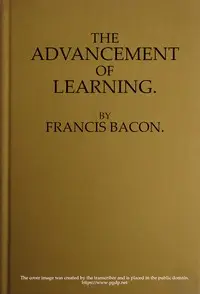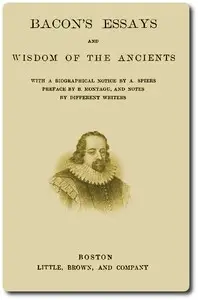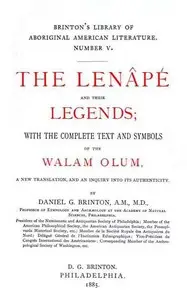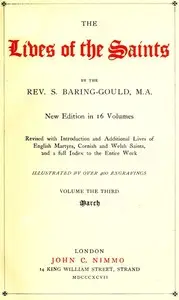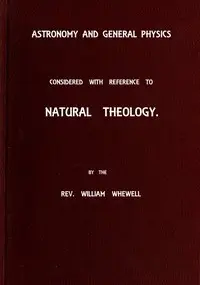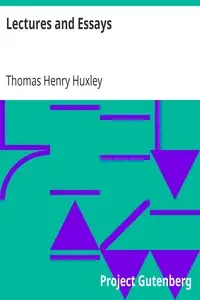"Valerius Terminus: Of the Interpretation of Nature" by Francis Bacon is a philosophical treatise written in the early 17th century. The text serves as a foundational work where Bacon outlines his ideas on scientific inquiry and the interpretation of Nature, delving into how knowledge should be approached and utilized. It proposes that true understanding of the natural world requires a methodology that aligns with both empirical observation and theological principles. The opening of the text presents a prefatory overview that elaborates on its structure and purpose. It introduces the idea that knowledge is limited and should be regarded with caution, primarily emphasizing the importance of religion in guiding scientific pursuit. Bacon discusses historical figures such as Moses and Solomon to illustrate legitimate searches for knowledge grounded in nature. He criticizes man’s inclination to overreach into divine secrets, warning against the consequences of such ambition, which ultimately leads to downfall. The text sets the stage for a critical examination of existing knowledge and serves as a call for a more disciplined, inductive approach to scientific thought. (This is an automatically generated summary.)

Valerius Terminus: Of the Interpretation of Nature
By Francis Bacon
"Valerius Terminus: Of the Interpretation of Nature" by Francis Bacon is a philosophical treatise written in the early 17th century. The text serves a...
Genres
Released
2002-06-01
Formats
epub (images)
epub
epub3 (images)
mobi (images)
mobi
Free Download
Overview
About the Author
Francis Bacon, 1st Viscount St Alban, 1st Lord Verulam, PC was an English philosopher and statesman who served as Attorney General and Lord Chancellor of England under King James I. Bacon argued the importance of natural philosophy, guided by scientific method, and his works remained influential throughout the Scientific Revolution.
Total Reviews
10.0k
Total reviews from Goodreads may change

